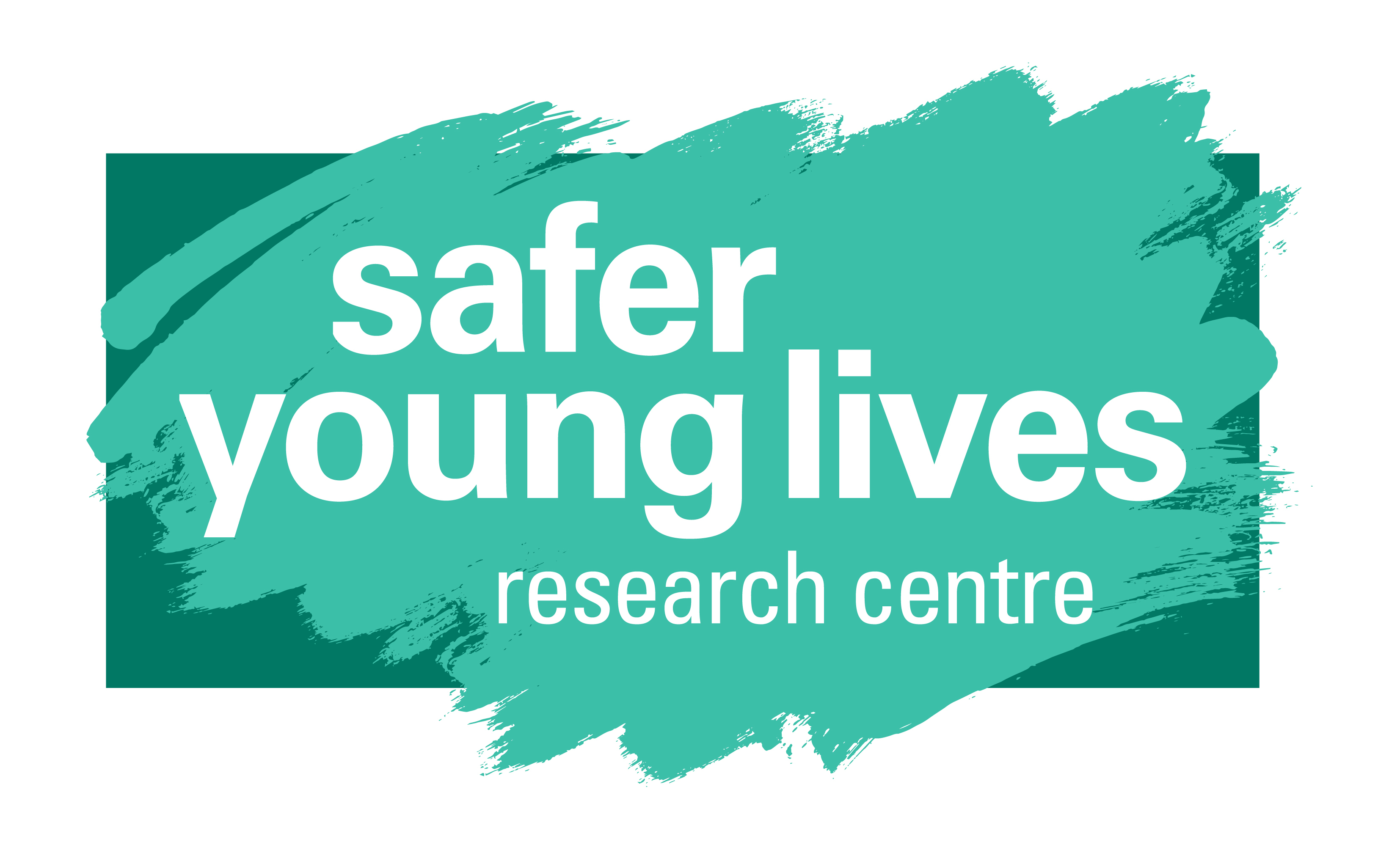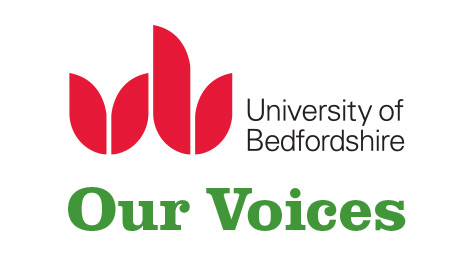When do ‘real men’ deserve to be heard? Combatting the resounding silence on sexual violence against boys and young men

Background
In 2022, I co-ordinated a participatory advocacy project (advocacy activities that are designed and delivered by those with lived experience of the issue) for Family for Every Child, a diverse, member-led global alliance of 46 local civil society organisations working in 38 countries to improve the lives of children and families in need. The project drew on an advocacy toolkit (which included ‘Creating a safe space: Ideas for the development of participatory group work to address sexual violence with young people’) originally developed as part of the ‘Our Voices Too project’ at the Safer Young Lives Research Centre.
The original toolkit was developed to help facilitators to engage with, and support young women who had lived experience of sexual violence in Albania, Serbia and Moldova to develop their own advocacy campaigns (read the evaluation of this project). I needed to adapt the toolkit to be used in a different context - with boys and young men with lived experience of sexual violence in Brazil and Colombia who would go on to develop and implement their own advocacy campaigns through Family for Every Child’s member organisations in Brazil, Projeto Legal and Colombia, Taller de Vida.
These activities were part of wider advocacy efforts by Family for Every Child’s member organisations across Latin America (in Mexico, Paraguay and Guatemala). The activities also complemented an annual campaign called ‘Blue Umbrella Day’ on the sexual abuse of boys run by members of Family for Every Child in 20 countries. Foundational to all these advocacy efforts were national studies in seven countries that explored social norms around the sexual violence of boys. One of the key themes of this research, across continents, was the pressure on boys to be ‘real men’ (i.e. to be courageous and strong, and not to show their emotions or their vulnerabilities).

How the ‘Our Voices Too’ participatory advocacy toolkit was used and adapted
The most important section of the toolkit for this project was the ‘Creating a Safe Space’ module. The concept of safety, in particular, to speak openly without fear of judgement, acted as the basis for the rest of the work with boys and young men. I adapted it to an approach I have developed, but had not yet used in practice, for working with youth activists called ‘survivor-informed safeguarding’. Key concepts of this approach to safeguarding include, taking a trauma-informed approach and engaging in a cyclical process of assessing risks with young people to inform their decisions on consent to participate.

In adapting the original toolkit for facilitators to work through with boys and young men, I did not need to include much of the module on children’s rights as member organisations had already been working with the boys and young men on related issues so they had a good understanding of their rights. However, I did need to add an extra module. The new module focussed on how to undertake a consultation with boys and young men to elicit their recommendations on how child sexual abuse services can better address the needs of boys and young men. This work used Participatory Action Research techniques such as vignettes and problem and solution trees to identify recommendations.
In addition, because we were working with boys and young men as advocates, the module on ‘understanding sexual violence’ raised some questions about how different the issue of ‘consent’ may be for young men and young women given the heteronormative culture (i.e. the assumption that sexual relations are heterosexual) of most societies. Many of the scenarios used in the original toolkit needed further adaptation to reflect the realities of boys as opposed to girls. In addition, in a session on ‘challenging misconceptions, harmful attitudes and behaviours on sexual violence against boys’, I needed to focus on different attitudes and beliefs on masculinity that increase the likelihood of stigma and shame for male victims of sexual violence and lead to disbelief that boys can be victims of sexual violence rather than perpetrators. These discussions used the ‘Caring for Boys’ research undertaken by Family for Every Child’s member organisations in Asian, African and Caribbean contexts. Boys and young men were asked to compare these research findings with their own lived experience to identify the key harmful attitudes and behaviours they might come across in their advocacy work.

Our learning on advocacy with boys and young men
Because sexual violence against boys continues to be denied in many societies - a key finding from the ‘Caring for Boys’ study - advocating for the rights of boys who have experienced sexual violence in Latin America was often incorporated into a wider advocacy goal. As a result, the advocacy campaigns that were developed by member organisations focused on sexual violence against children more generally but had specific messages that addressed the needs of boys and young men, or LGBTQ young people.
From mapping exercises, it was established that there are no, or very few, specialist support services for boys and young men in Latin America. In fact, many specialist services for sexual abuse victims are targeted at girls and young women (and are often housed in specialist centres for women). Consequently, we found that advocacy campaigns need to be developed that address the general lack of services for children who are victims of sexual abuse. Within this broader campaign, specific ‘asks’ need to be developed related to the changes needed to make services more ‘inclusive’ for boys and young men.
The lack of support services for child victims of sexual violence meant that in some countries (Colombia and Mexico in particular), advocacy campaigns focused on activities to prevent the sexual abuse of boys and young men rather than drawing attention to the need for better support services. This strategy was also due to the stigma and backlash faced by advocates in the past who speak publicly about the rights of boys and young men as victims of sexual violence. Advocating for the prevention of all sexual violence against children is a softer, more positive approach that appears to lessen the ‘moral panic’ attached to this issue from conservative lobby groups in Latin America. This learning is mirrored in Family for Every Child’s global advocacy campaign ‘Blue Umbrella Day’ on protecting boys from sexual violence.
In conclusion, it is clear that advocating for the rights of boys who have been affected by sexual abuse requires us to challenge many of our own, and wider society’s, assumptions and norms about boys and the nature of sexual abuse. These norms continue to silence boys - even more so than girls. It therefore takes a great deal of courage for boys and young men themselves to present a different narrative and to advocate for their rights in this context. As courage is perceived as a key marker of masculinity, I believe the boys I worked with in Brazil and Colombia are ‘real men’ who definitely deserve to be heard.
Notes
Family for Every Child member organisations undertaking advocacy include Projeto Legal in Brazil and Taller de Vida in Colombia who undertook participatory advocacy with boys and young men. Partners in Mexico, Juconi, Guatemala, CONACMI and Paraguay, Enfoque Niñez, undertook more traditional advocacy activities on the issue of sexual violence against boys and young men.
Find out more about the Blue Umbrella Day campaign and the multi-country study, ‘Caring for Boys’ here.






